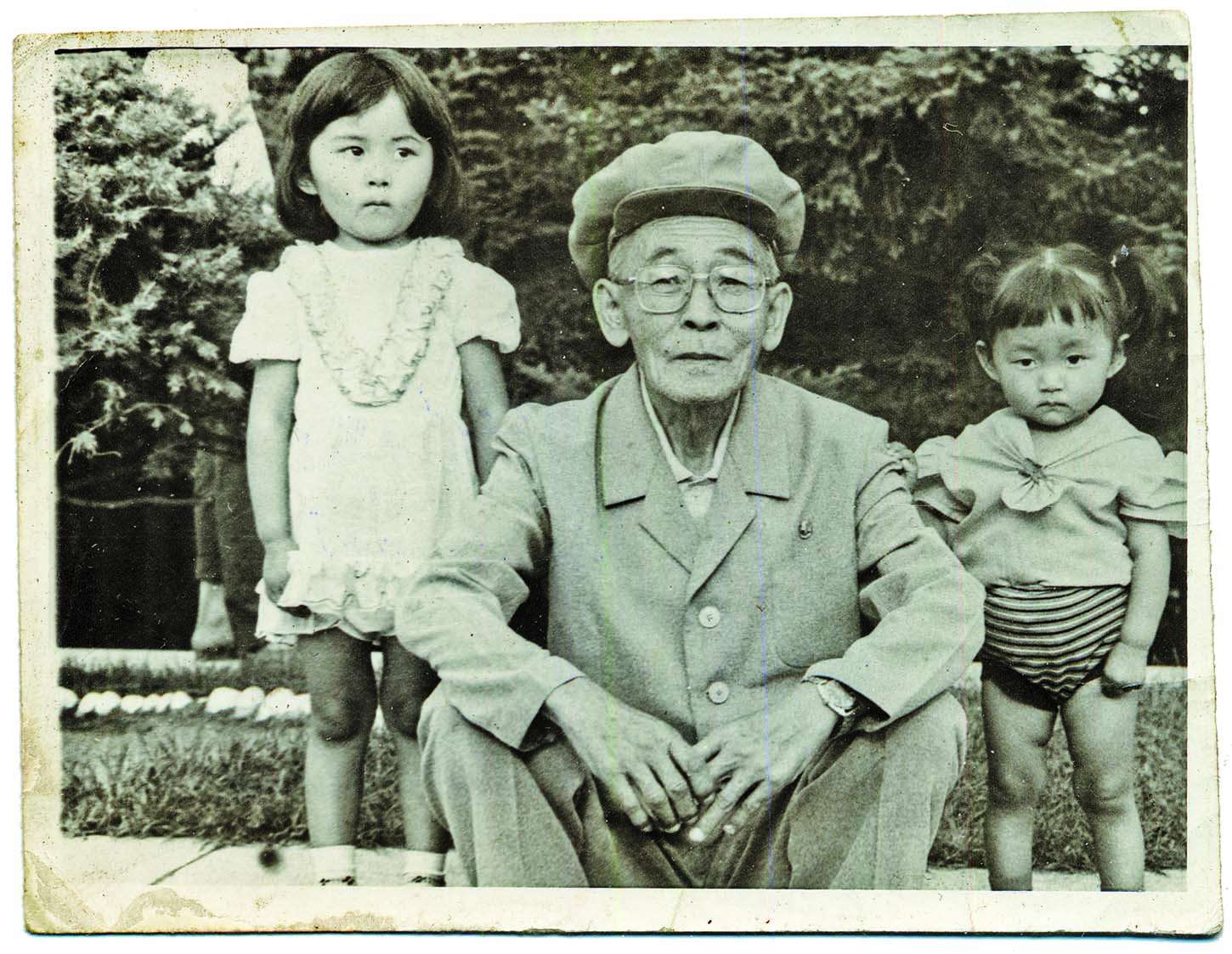In Order to Live
The story of Yeonmi Park, a North Korean runaway

"I didn't know what freedom was," says Yeonmi Park, author of In Order to Live: A North Korean Girl's Journey to Freedom. "I didn't know the concept. I never heard of that word, 'freedom.' To me, the happiest thing was having food."
On March 31, 2007, Park says, she and her mother illegally crossed the frozen Yalu River in the dead of night, arriving in China with only a vague idea of where to go from there. She describes it as the beginning of a harrowing, years-long odyssey that would eventually take them across the Gobi desert and through Mongolia en route to South Korea. But things would get worse before they got better.
"When I got [to China], the first thing I saw was my mother raped," she says. "The man who was helping us…was a human trafficker and he tricked us….We found out that if we were going to stay in China, we had to be sold."
Park, just 13 at the time, says she too was raped, though she refused to admit it for years afterward, the memory shrouded in shame. But those tribulations were what she says it took to escape suffering and near starvation in her native North Korea.
Before she left, she says, her father was arrested, imprisoned, and tortured. His crime? Selling cigarettes and other sundries on the black market. The family then fell into extreme difficulty, Park reports, eating plants and grasshoppers to stay alive. "If I could've had the things that Americans throw away," she says, "I never would've escaped North Korea. That's how much we were desperate."
Park's survival story has captivated thousands of readers and propelled her into the spotlight around the world. But how much of it is true?

Pyongyang has produced a lengthy video that attempts to discredit some of her key assertions. In melodramatic fashion, Park Yeon Mi, The Puppet of the Human Rights Plot accuses Park and her mother of being agents of the United States. And doubters have emerged from outside North Korea as well. They call her a "celebrity defector," saying they've found discrepancies in her life story and inaccuracies in her depiction of her home country. The nature of Park's claims about life inside the world's most secretive nation make them difficult, if not impossible, to verify.
She wouldn't be the first to escape North Korea and then mislead the Western media about her experiences. Last January, it was revealed that another prominent defector, Shin Dong-Hyuk, had altered some aspects of his autobiography. Among other things, he now says the torture he claimed to have endured at 13 actually happened when he was 20. His story was shared widely in 2012, including by reason.
Park admits some details of her own story were changed to protect family members still living inside the Hermit Kingdom. On other occasions, she adds, reporters have misunderstood her due to her less-than-flawless command of the English language. But she is defiant in the face of allegations that she's exaggerating her experiences.
"I know the truth of North Korea," Park says. "The oppression and the tragedy. It cannot be silenced."
This article originally appeared in print under the headline "In Order to Live."


Show Comments (3)